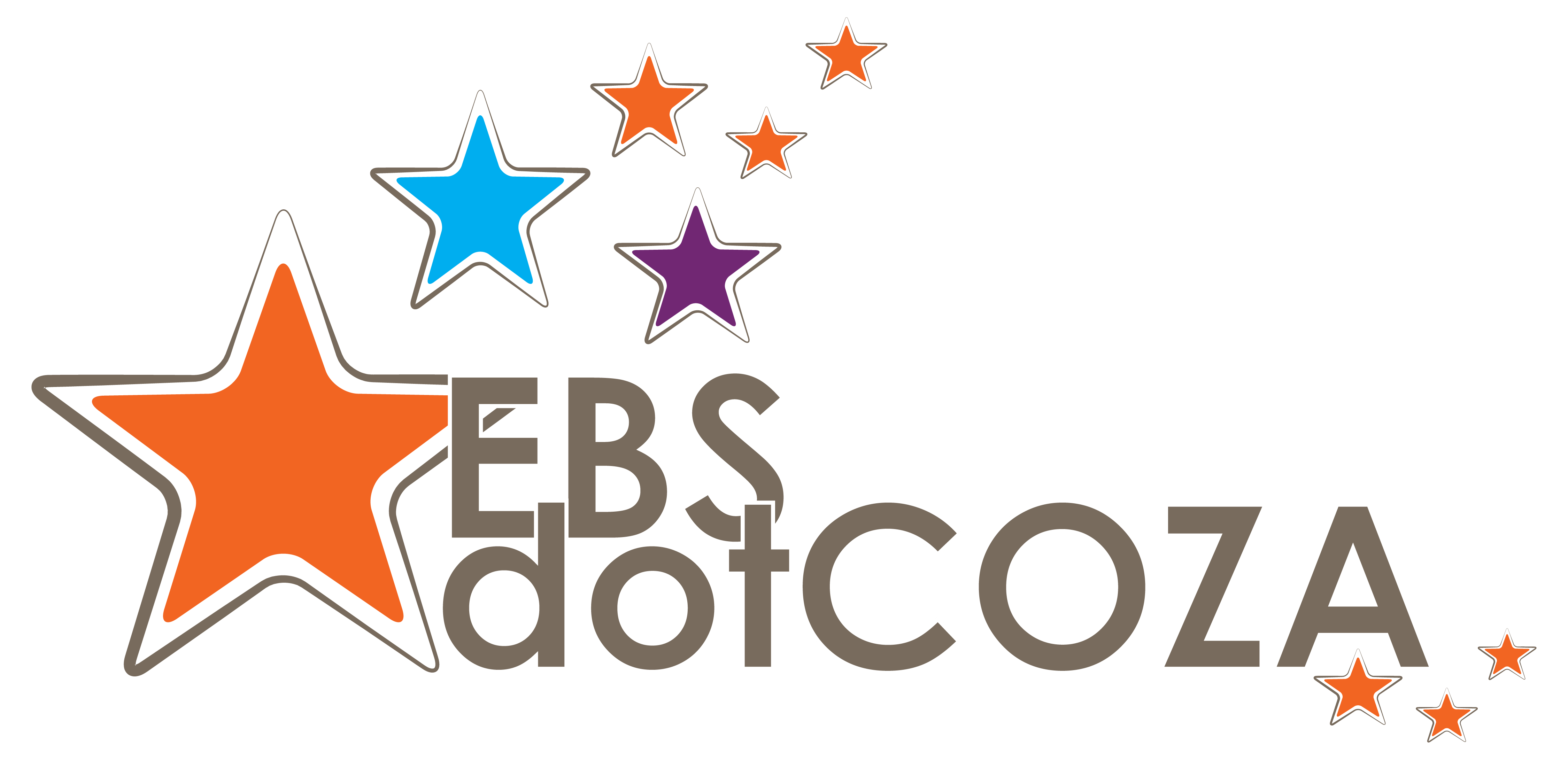What is CIMA and why should I be looking to further my career with this qualification?
Do you want to be the go-to person in your job for all things finance? Progress in your career with the CIMA qualification. Become a chartered management accountant and work in businesses, lending your expertise in any industry you choose.
CIMA is the world’s leading, and largest, professional body of management accountants. Our unique blend of management accounting, financial accounting and business-focused subjects produces competent and confident CGMAs who can lead their organisations to sustainable success.
If you’re looking to develop your accountancy skills to lead finance departments or provide management accounting consultancy, CIMA is your ticket. CIMA is split into Certificate, a standalone ‘beginner’ qualification, and Professional, which is split into three levels: Operational, Management, and Strategic.
CIMA Certificate in Business Accounting is the entry-level qualification for business accounting. No prior knowledge or qualifications are needed. If you have an accountancy or finance degree or are AAT qualified, you may be eligible to start studying CIMA at the Professional qualification. Otherwise, you must complete the Certificate in Business Accounting first. We provide training for all levels, and we offer dynamic study methods to suit your lifestyle and budget.
With an average undergraduate pass rate of 89% full-time, 76% part-time and 71% online, it is clear that EBSdotCOZA - EDGE offers superior private education. EBSdotCOZA - EDGE has smaller full-time classes, thus resulting in allowing individual attention to be given to students where needed in an environment where lecturers are fully accessible to students.
High demand
Companies around the world, no matter what size, require the knowledge and services of management accountants. Chances are, in any industry you can think of, there’ll be management accountants.
Opportunities
A career in management accounting offers a clear pathway to progress. Whether you have an existing finance qualification or are starting with CIMA Certificate in Business Accounting (Cert BA), it’s possible to progress to membership with CIMA.
The CIMA qualification is designed to bring together management accounting, financial accounting and business, so you’ll have the practical skills employers need. That way, you’ll be qualified to work in a wide range of roles from finance to consultancy, IT to senior management positions.
No need for a degree
You don’t need a degree to start a successful career after school or college. Our entry-level qualification, the CIMA Cert BA will help you build your business and financial knowledge. It’s a recognised qualification in its own right and a stepping stone to the Professional Qualification.
Skill Set
In addition to accounting and analytical skills, management accountants must also have an understanding of the organisation, its business model, its strategic context and its competitive position. They also need the people and leadership skills necessary to ensure that they apply their expertise effectively, whether it be in the form of supplying management with accounts, information, analysis or insights.
Some of the many roles which a CIMA graduate can pursue:
Accounts Assistant
As an Accounts Assistant, your duties will be broad and responsibilities may include processing invoices, credit control, bank reconciliations and dealing with and processing expense claims.
This position will give you the exposure you need to progress your career in finance to more senior positions such as Finance Accountant or Management Accountant.
You can gain the skills to succeed in an Accounts Assistant role by studying for the CIMA Certificate in Business Accounting (Cert BA).
Financial Accountant
Every organisation needs an Accountant to report on their financial position. They ensure that financial planning and budget holders are provided with the most accurate information. This could include:
- Analysing general ledger transactions
- Accruals and prepayments
- Posting journals
- Variance analysis
- Balance sheet reconciliations
This position will allow you to progress to more senior positions such as Finance Manager.
Entry points for this type of role can include a graduate degree or study towards the CIMA Professional Qualification.
Management Accountant
Management Accountants need to have a good understanding of the business as well as finance, using this knowledge to interpret financial data and make informed strategic decisions. They will often work closely with and support senior stakeholders to help organisations grow.
- Monthly management accounts
- Year-end accounts
- Profit and loss reporting
- Balance sheet analysis
- Budgeting and forecasting
Gaining experience in a Management Accountant role could see you move into a position such as Financial Controller, CFO or even CEO.
The CIMA Professional Qualification has been designed to give you the right mix of skills, knowledge and experience needed to add value to organisations and drive business success.
Business Analyst
Business Analysts provide support to senior leadership teams for commercial decisions. They need to have excellent analytical skills to build financial models for internal customers and will often provide support for the CFO or COO. Key skills include:
- Financial modelling
- Business partnering
- Risk management
Business Analysts need to have strong management accounting skills as well as communication skills to be able to explain complex financial information in laymen's terms. Typically they will be fully qualified chartered accountants having studied a qualification such as the CIMA Professional Qualification.
Finance Business Partner
Finance Business Partners work alongside other business areas, supporting and advising their strategic and operational decision-making through insights that drive better business. Key skills include:
- Commercial awareness
- Communication and leadership skills
- Financial modelling
- Business analysis
As a Finance Business Partner, you can progress to more senior positions such as Finance Manager, Finance Director or Financial Controller.
Finance Business Partners need core finance skills as well as strong soft skills because the need to clearly articulate financial information in a concise and meaningful manner.
Management Consultant
Management Consultants advise organisations on how they might implement strategic decisions or how to improve performance. Management Consultants need to be aware of every aspect of how an organisation works. Key skills you would need in this role are:
- Commercial acumen
- Business analysis
- Project management
Management Consultants can progress to roles such as Senior Consultant, Manager or Director.
You can enter into consultancy with a relevant degree however a qualification such as the CIMA Cert BA is highly valued by employers because it teaches fundamental business and finance skills.
Finance Manager
The role of Finance Managers can vary depending on the organisation they are working for. In larger companies, the role may be more concerned with strategic analysis, while in smaller organisations, a finance manager may be responsible for the collection and preparation of accounts. Other responsibilities may include:
- Reporting of actuals to management
- Point of contact for internal and external audit
- Management and development of junior team members
Finance managers can move into roles such as Financial Controller or Finance Director.
A Finance Manager would typically be a fully qualified chartered accountant, having completed the CIMA Professional Qualification.
Chief Financial Officer (CFO)
The Chief Financial Officer is part of the executive management team and requires a wide range of knowledge and experience as they develop the financial well-being of an organisation.
They would tend to be accountable for:
- Financial Planning
- Operations
- Financial information
- Risk management
You’re likely to progress into this role after gaining experience as a Financial Controller.
Aspiring CFOs will need to be qualified chartered accountants, the strategic level of the CIMA Professional Qualification teaches students how to formulate financial strategy, manage strategic relationships and identify and manage risk.
Need assistance?
CIMA Inquiry Form

